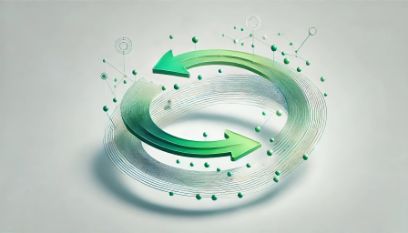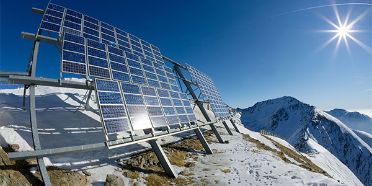Our focus topics
By combining scientific methods with practical business applications, we empower organizations to reduce their environmental footprint, enhance resource efficiency, regenerate nature, and ultimately transition towards truly circular business models of production and consumption. Whether you are a startup looking to embed sustainability from the ground up or an established organization aiming to transform your operations, our lab offers tailored solutions to help you navigate the challenges and opportunities of the circular economy.









